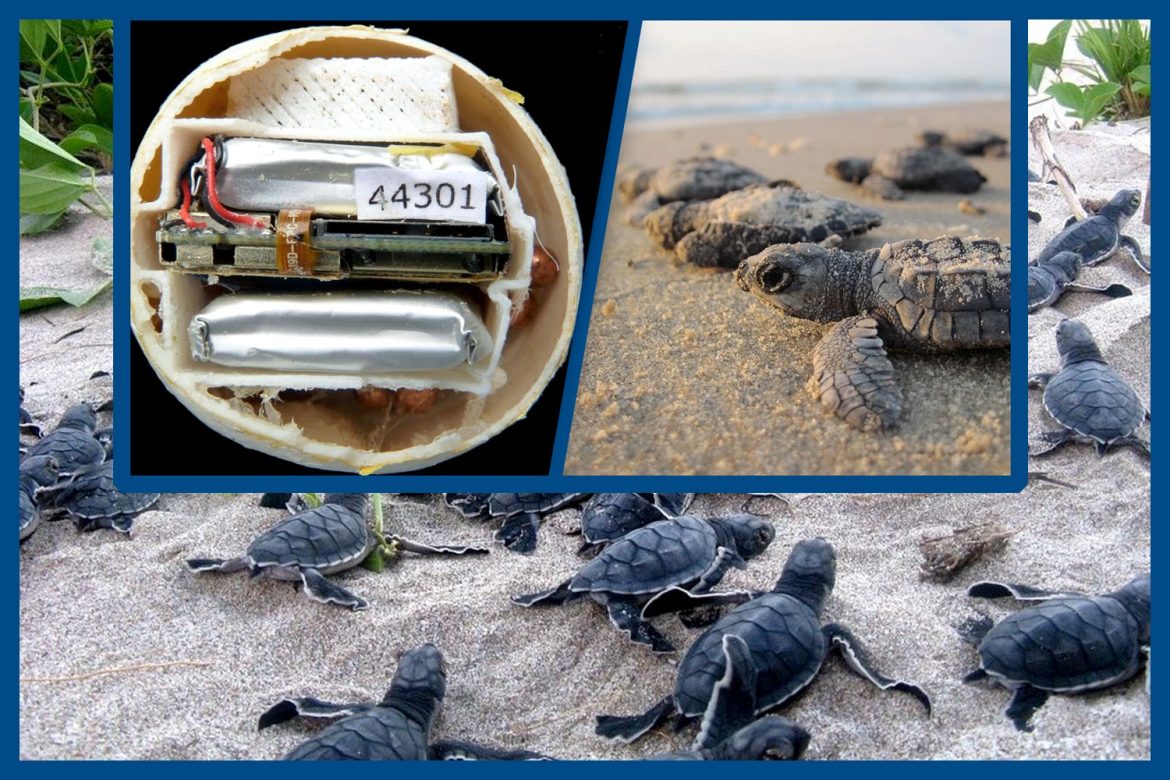In the vibrant and biologically diverse country of Costa Rica, the battle against wildlife trafficking has taken a sophisticated turn. Over the past year, Humane Society International/Latin America has spearheaded a pivotal initiative to equip local authorities with the necessary skills to handle, care for, and legally manage wildlife that has been either rescued or seized during police and judicial operations. This program is a beacon of hope for the conservation community, highlighting both the challenges and progress in the field.
Training the Protectors of Nature
Under the project titled “Improving Costa Rica’s capacity to combat wildlife trafficking,” funded by the U.S. Bureau of International Narcotics and Law Enforcement Affairs, three in-depth training workshops have been conducted. These sessions are vital in educating Costa Rican officials on the nuances of handling sensitive wildlife cases. Participants, which include members from various governmental bodies such as the Ministry of Public Security and the Ministry of Environment and Energy, have been taught by experts on the safe and ethical treatment of animals during confiscations.
Empowerment Through Education
The training provided is comprehensive, covering essential aspects such as the safe transport and feeding of wildlife, protection for personnel involved in the operations, and the legal framework surrounding wildlife crimes. These sessions are also supported by innovative tools like an online guidebook designed to aid in species identification and provide detailed information on the legal protections, conservation statuses, and proper handling techniques.
Championing Legal and Ethical Wildlife Management
The significance of these training sessions extends beyond just the physical handling of animals. They embody a holistic approach to environmental law enforcement, emphasizing the need for ongoing training and inter-institutional coordination. Jose Pablo Gonzalez, deputy environmental prosecutor and national environmental security commission coordinator, articulates this vision clearly, stressing the importance of safeguarding these assets for the nation and ensuring rigorous sanctions against those who violate wildlife laws.
Impact and Outreach
The impact of these workshops is profound, offering a glimpse into the grim reality of wildlife trafficking and the resilience in combatting it. In the period between 2022 and 2023 alone, over 500 wild animals were rescued or seized in Costa Rica, underscoring the urgency and importance of this training. Through these collaborative efforts, Costa Rica is setting a precedent for other nations, proving that through education, cooperation, and robust legal frameworks, it is possible to make significant strides in the protection of our planet’s precious wildlife.

